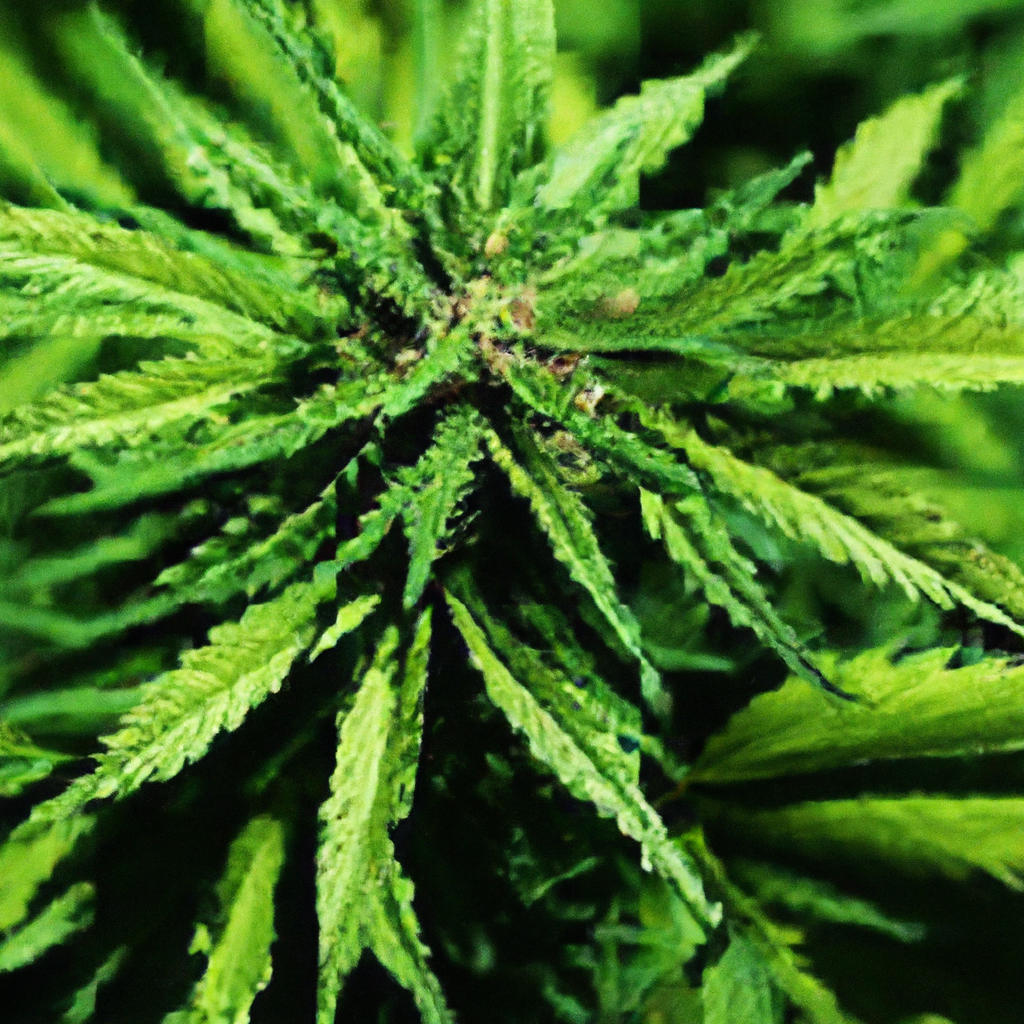Your cart is currently empty!
As the trend towards sustainable practices gains momentum in the cannabis industry, organic cultivation methods have become the focal point for environmentally conscious growers. Cultivating cannabis organically not only benefits the environment but also enhances the quality of the plant and its therapeutic properties. This article delves into best practices for organic cannabis cultivation, emphasizing natural fertilizers, composting, and sustainable pest control, while nurturing a healthy soil ecosystem and avoiding synthetic chemicals.
Embrace Natural Fertilizers and Compost
Building a nutrient-rich foundation for your cannabis plants begins with utilizing natural fertilizers and compost. Organic matter such as worm castings, composted plant material, and aged manure supply essential nutrients without the chemical residues left by synthetic alternatives. Implementing a composting system is pivotal for recycling organic waste, enriching soil fertility, and enhancing microbial life. It’s a cost-effective way to steadily supply your plants with the nutrients they need to thrive.
Implementing Sustainable Pest Control
Managing pests without harmful chemicals is crucial in organic cannabis cultivation. Employing Integrated Pest Management (IPM) strategies combines prevention, monitoring, and control tactics to minimize pest impact. Useful methods include introducing beneficial insects such as ladybugs and predatory mites, which naturally keep harmful pest populations in check. Companion planting with pest-repelling plants like marigolds can also be an effective deterrent.
Building a Healthy Soil Ecosystem
The vitality of cannabis plants largely depends on a robust soil ecosystem teeming with beneficial microbes. These microorganisms enhance nutrient uptake and bolster plant resilience. Implementing crop rotation and cover cropping helps replenish soil nutrients, prevent erosion, and suppress weed growth. Additionally, mixing in organic matter improves soil structure and promotes healthy root development, further ensuring your plants access nutrients efficiently.
Sustainability: The Green Advantage
Organic cannabis cultivation supports the earth’s natural processes and prioritizes sustainability. By eschewing synthetic chemicals, growers safeguard local waterways and habitats from potential contamination. More so, organic plants often possess a richer cannabinoid and terpene profile, providing consumers with a purer and more effective product. Embracing these sustainable practices not only enhances crop quality but reflects a commitment to environmental stewardship.
In summary, organic cannabis cultivation embraces nature’s wisdom, ensuring a greener, healthier future for cultivators and consumers alike. By utilizing natural fertilizers, sustainable pest control, and fostering vibrant soil ecosystems, growers can cultivate while promoting environmental sustainability.
Discover more from Magic Clones
Subscribe to get the latest posts sent to your email.


Leave a Reply